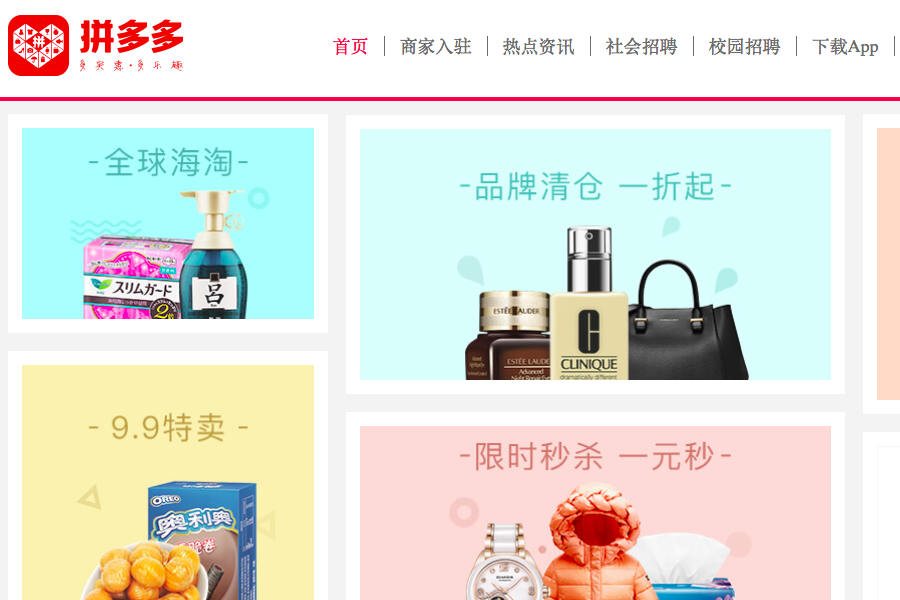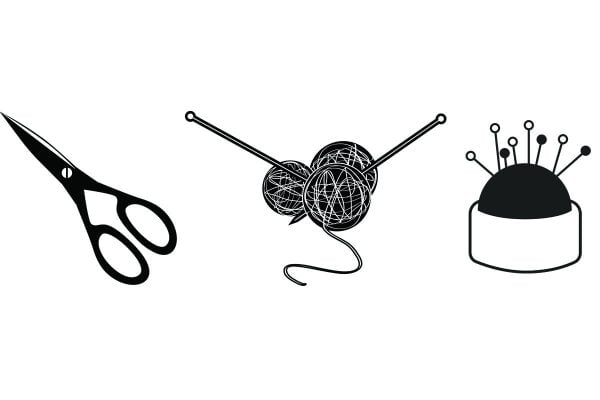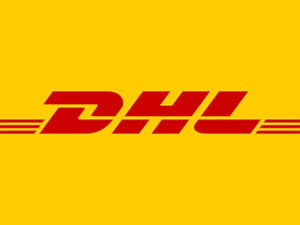The third biggest ecommerce company in China, billed as an Alibaba challenger called Pinduoduo has enjoyed an astonishing flotation on the NASDAQ stock market in New York. It debuted with a valuation of US$24 billion last week. But it’s the future that looks most intriguing for the new Chinese ecommerce upstart.
The company raised $1.6 billion in its IPO and shares were up 40% in their first day of trading and have remained bouyant: it is one of the biggest launches on the Nasdaq this year. The firm currently has 195 million monthly active users and enjoys 5.2% of Chinese online retail sales, putting it behind only Alibaba and JD. And one of its key investors is Tencent, who operate WeChat. So whilst it is quite a long way behind the biggest players, don’t forget that Chinese ecommerce is worth something like a billion dollars a year at the moment, and growing.
Founded in September 2015, it took Pinduoduo just 2.5 years to become the third largest ecommerce platform in China based on sales volume (GMV) despite having deliberately targeted price-sensitive consumers. The company makes money by charging commission fees and providing online marketing services on its ecommerce platform in much the same way as Amazon or Alibaba.
Pinduoduo’s special appeal lies with several shopping features that attract shoppers. There’s what is referred to as the “team purchase”. Shoppers can share items they like on social networks, and in China that means WeChat and QQ, and invite people they know to form a shopping team. And collectively the team can bag the goods, assuming the friends want the same stuff, for a lower price.
The team system is gamified and uses incentives like cash, coupon, entry into a draw and vouchers for free products and that has been crucial in developing the Pinduoduo shopper base and ensure swift growth and viral appeal. Extremely low prices on stack of items are another compelling attraction of Pinduoduo.
This won’t be the last time we write about Pinduoduo, that’s for sure.








One Response
Hi, how do Pinduoduo suppliers (partners, producers) ship their products to Pinduoduo customers? Is it a same-day delivery for perishable goods and more days for non-perishable? Where is the drop-off place? If products are being sold directly from producers to customers I guess there has to be some kind of drop-off… And lastly, don’t many producers already have agreements with retailers not to sell products they make to third parties at lower prices than they sell to retailers? Tnx